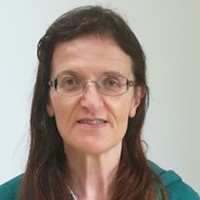The Applied Intelligence Research Centre has a diverse team.

First year, undergraduate Computer Science (CS) students have documented difficulties when learning how to design and develop software solutions, which impacts competency and retention. In the software industry, the use of software development processes is considered best practice to systematically guide the generation of software solutions from analysis, through design and onto implementation and testing. However, the availability of such processes, suitable for novice undergraduate developers, is a field that has been largely ignored by researchers to date. Therefore, this researcher, who is a lecturer in CS in TU Dublin, was interested in investigating this area to examine the impact that the introduction of a researcher designed educational software development process, which incorporated the problem solving skills of Computational Thinking, would have on first year students’ competence and experience. Based on an Action Research methodology that ran over three cycles, this research demonstrates the potential of using an educational process in increasing student engagement, competency and enjoyment in software development. The research illustrated that using the process as an educational tool made analysis and design scaffolded explicit elements of developing software solutions rather than their more typical implicit inclusion in such courses. Using the process helped to reframe students as software developers who understand the value in planning and developing software solutions, and not just programmers who rush to implement solutions. The research contributes to the field of CS education through the generation of an educational software development methodology and process, by illustrating the use of computational thinking and threshold concepts in computing, and by providing a novel evaluation framework to evaluate CS courses to reflect students experiences and competencies achieved in such courses.

